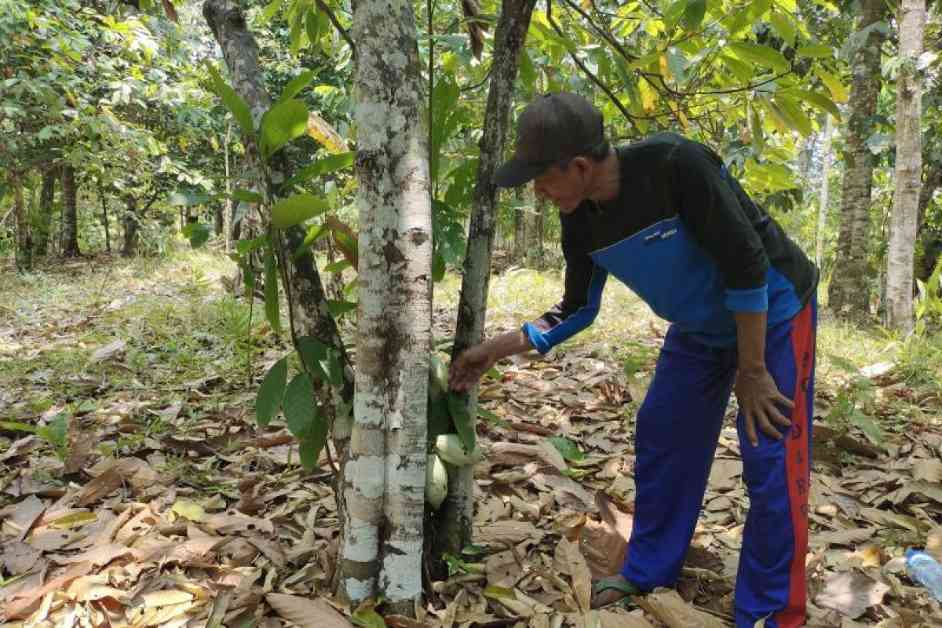President Prabowo Subianto’s push for food self-sufficiency in Indonesia has taken center stage, emphasizing the importance of strengthening national sovereignty through this initiative. The foundation of physical protection for the people lies in ensuring an adequate food supply, as highlighted by the President. With Indonesia’s vast land and oceans as valuable assets, managing natural resources effectively is crucial to achieving food self-sufficiency and securing citizens’ livelihoods.
Minister of Forestry Raja Juli Antoni recently unveiled the government’s ambitious plan to harness 20 million hectares of reserved forests for food, energy, and water security. This strategic move aims to utilize the country’s natural resources efficiently while safeguarding environmental sustainability and preservation efforts. The program focuses on cultivating upland rice in dry-land environments, with the potential to yield 3.5 million tons of rice annually, equivalent to Indonesia’s rice imports in 2023.
Subheadings:
Sustainable Forest Utilization for Food Security
One of the primary objectives of utilizing reserved forests is to cultivate upland rice and plant sugar palm trees for bioethanol production. Minister Antoni emphasized the significant impact this initiative could have on national food security, expanding food estates to the village level. The Ministry of Forestry plays a critical role in providing land for this essential program.
Environmental Sustainability in Forest Management
Forestry policy expert Dodik Ridho Nurrochmat stressed the importance of balancing forest use for food reserves with environmental sustainability. He highlighted the need for land intensification, downstreaming to increase product value, and agricultural land extensification to boost production. Implementing good planning and strategic approaches can prevent deforestation and environmental damage.
Challenges and Solutions for Sustainable Forest Management
Economist Achmad Nur Hidayat raised concerns about the potential risks of converting protected forests for agricultural purposes. He emphasized the vital role of protected forests in maintaining environmental balance and biodiversity. Hidayat suggested prioritizing sustainability principles to prevent ecological harm and social conflicts arising from large-scale land use changes.
Promoting Sustainable Agriculture Practices
To enhance food production without expanding land use, the government advocates for agricultural intensification using modern technology and empowering farmers through education and training. Strict supervision and audits are necessary for forest management permit holders to prevent misuse of land, particularly near protected forests. Implementing the agroforestry approach, combining food crops with trees, can sustainably boost food production without compromising forest functions.
In conclusion, Indonesia’s journey towards food self-sufficiency hinges on striking a balance between agricultural development and environmental preservation. By adopting sustainable practices, leveraging modern technology, and promoting responsible forest management, the nation can secure its food supply while safeguarding natural resources for future generations.






















